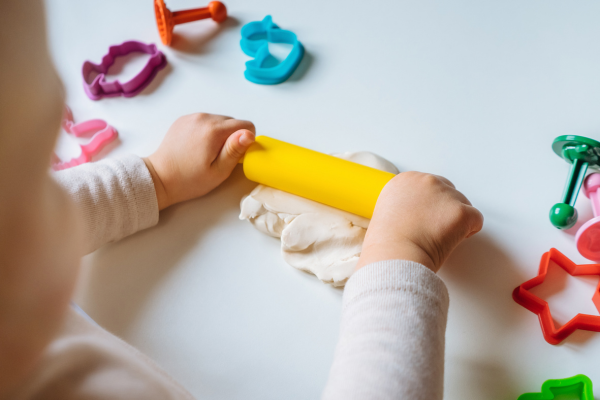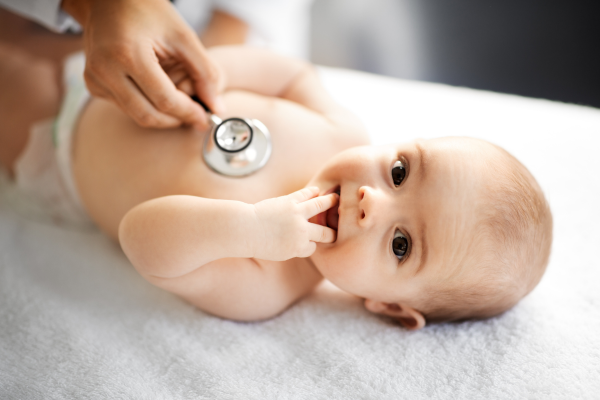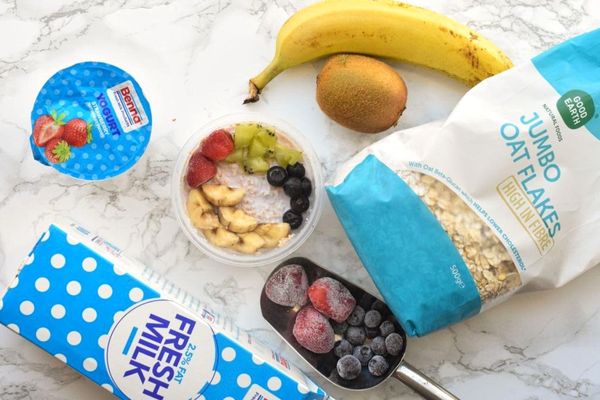Helen Borg is a senior midwife and infant feeding specialist who heads up the drop-in breastfeeding clinic at Mater Dei hospital. As mentioned in the series intro, Helen will cover common issues that can arise when feeding your newborn, giving professional advice and reassurance to help make your journey run smooth.

Q. How can a breastfeeding mum avoid nipple trauma, and are there any remedies that can help relieve it?
Nipple trauma is not something that’s supposed to happen, so if there’s nipple trauma it means that you’re doing something incorrectly when it comes to feeding technique. If someone has told you that you’re doing it right, then they must not have watched you throughout the whole process.
You cannot tell from looking at a baby on the breast if they are feeding correctly, you have to literally watch how the baby is positioned before they feed, how they are brought to the breast, and how the baby takes the breast. So, it’s always a good idea to go back to basics and look at positioning and attachment.
 When a mum comes to me with nipple trauma, the first thing I’ll do is ask them to show me how they breastfeed. I’ll watch them before the baby latches and I’ll fine tune it, ironing out those little twists and turns.
When a mum comes to me with nipple trauma, the first thing I’ll do is ask them to show me how they breastfeed. I’ll watch them before the baby latches and I’ll fine tune it, ironing out those little twists and turns.
The most common thing that women do is twist their shoulder to put the breast in the baby’s mouth, but it’s about keeping those shoulders straight, facing forward, and bringing the baby to you – and it makes such a big difference. Another thing I like to do is get dad involved and show him what an incorrect posture looks like so that he can recognise it at home and let the mum know when he sees it happening.
In terms of remedies, there are some out there that we can use, but if we don’t solve what’s causing the problem, no cream is going to be good enough to counteract the damage. Some women will be told to change their feeding position, so they’ll start using the underarm technique which, at first, will seem as if it’s working, because you’re shifting the baby’s gums to a different area. But, two or three days down the line, you’ll start getting irritation in other places as well, and then it will be painful to feed in any position.
When it comes to nipple trauma, avoidance is absolutely better than a cure, so it’s important you focus on technique in order to avoid having to deal with trauma in the first place.

When it comes to spare equipment for new mums, the breastfeeding clinic relies on donations, so if you have any of the following that you no longer need, you can drop them off at the clinic where they will be gratefully received!
-Breast pumps
-Nipple shields
-Milk storage bags or containers
-Breast pads
If you find yourself struggling or looking for additional advice, don’t hesitate to contact the breastfeeding clinic at Mater Dei hospital.



